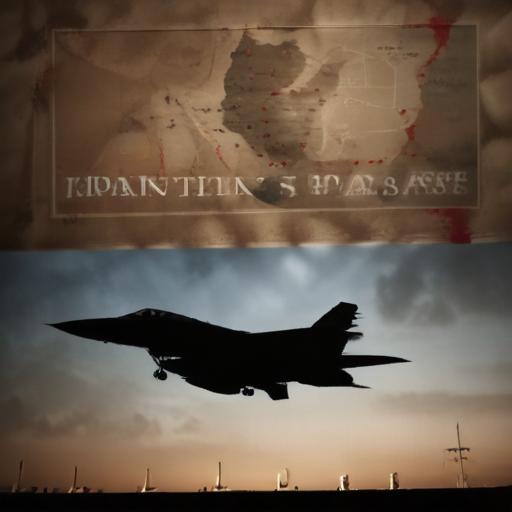The recent developments surrounding President Trump’s military action against Iran have sparked significant debate. Critics highlight what they view as a dangerous extension of presidential power, marking the most aggressive move in foreign policy since the Vietnam War era. Despite this, some supporters argue that the actions taken against Iran are essential for defending democracy—an aim they believe justifies Trump’s unilateral approach.
Historically, tensions with Iran have escalated, particularly following Iranian aggressions, such as their support of terror organizations and their ongoing nuclear ambitions. The strike was perceived by many as a necessary response to Iran’s provocations and its recent threats to regional stability, especially in the wake of the October 7 attacks on Israel and escalating military confrontations.
However, the way in which Trump has executed this military strategy raises questions. He has done so without seeking congressional approval, a move that could set a concerning precedent for future administrations. This lack of bipartisanship in such a critical realm of governance may deepen national divides, as highlighted by Trump’s choice to brief Republican leaders before Democrats.
The call for unity during wartime contrasts with Trump’s established pattern of division, as he positions himself as a leader of a polarized America. Critics express concern about who is leading critical national security efforts, pointing to appointments that may lack the required expertise for the challenges at hand.
While some potential benefits of the strike against Iran could include deterring further aggression and strengthening international alliances, the long-term implications of increased presidential power in wartime and the erosion of bipartisanship could pose serious risks to democratic governance.
As events unfold, Americans remain hopeful that this conflict will lead to a swift resolution and reinvigorate discussions about diplomacy and coalition-building, moving forward towards a more collaborative international stance.
